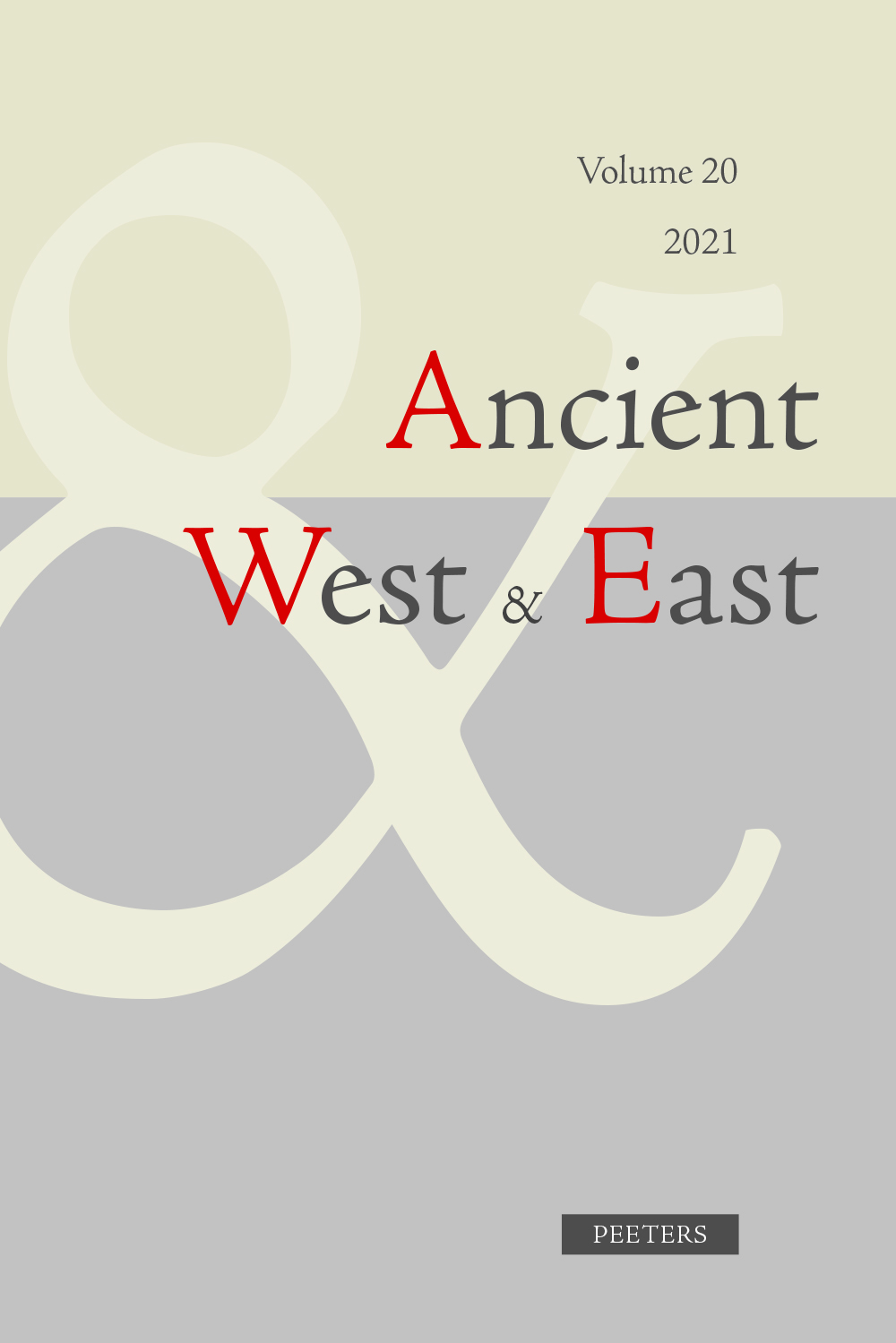 previous article in this issue previous article in this issue | next article in this issue  |

|
Document Details : Title: Menas Flasks in the West Subtitle: Pilgrimage and Trade at the End of Antiquity Author(s): ANDERSON, William Journal: Ancient West & East Volume: 6 Date: 2007 Pages: 221-243 DOI: 10.2143/AWE.6.0.2022800 Abstract : Menas flasks are small, ceramic vessels that were made at the shrine of St Menas (Abu Mina) in north-west Egypt from the late 5th to the mid-7th century AD, and used to contain sanctified oil and water collected by pilgrims. Most have been found in Egypt and neighbouring regions, but also at far-flung sites beyond the Mediterranean, from Meols on the west coast of Britain to Samarkand in Central Asia. The diffusion of these objects to places outside the Byzantine empire is often assumed to be evidence of long-distance pilgrimage. By comparing their distribution with that of other Eastern commodities, however, the presence of Menas flasks in barbarian kingdoms in the West can be seen to reflect other features of East-West contact, including travel, trade and elite-level gift-exchange. |
|
